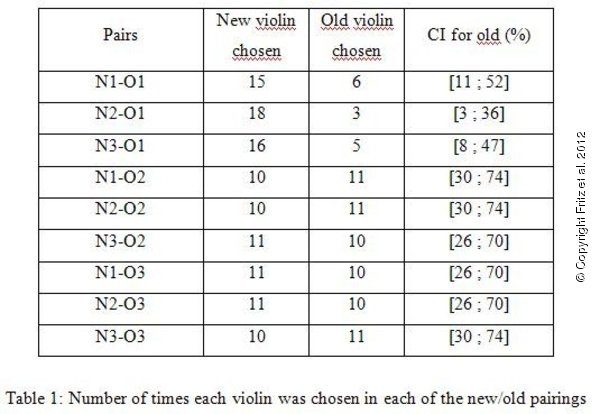"The procedure so far accepted as satisfactory is breaking the works up into component sections: those of science and art. Take a pictorial composition, for example. One can evaluate how good the drawing of the items in the pictures is; this is essentially science. The colors, how pleasant or communicative? This is essentially...[art]"
As has been pointed out before certain musicians swear by certain brands of musical instruments. They appear to be the same but they swear they have a unique sound. the construction is science but their appears to be a difference(art) that cannot be reverse engineered, or so it appears.
except that sometimes they might be fooling themselves about the sound
https://www.newscientist.com/article/dn25371-pro-violinists-fail-to-spot-stradivarius-in-blind-test/







